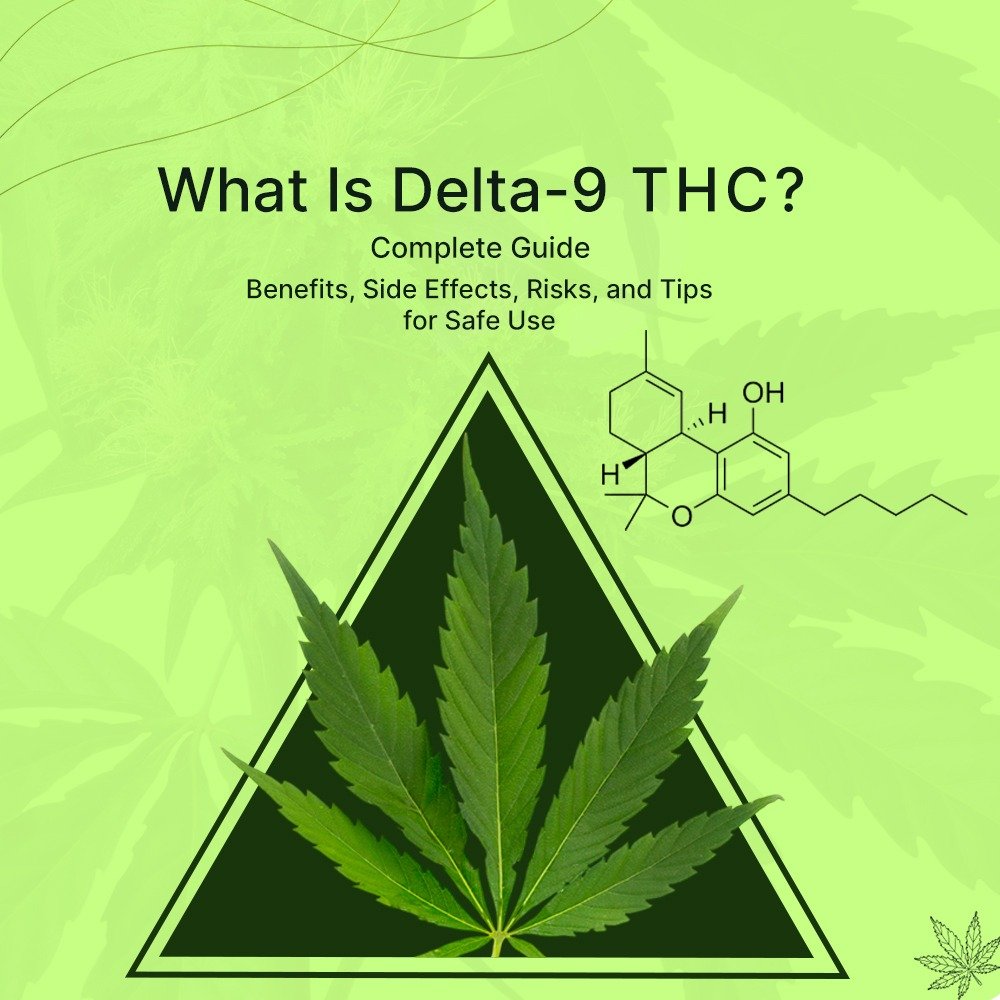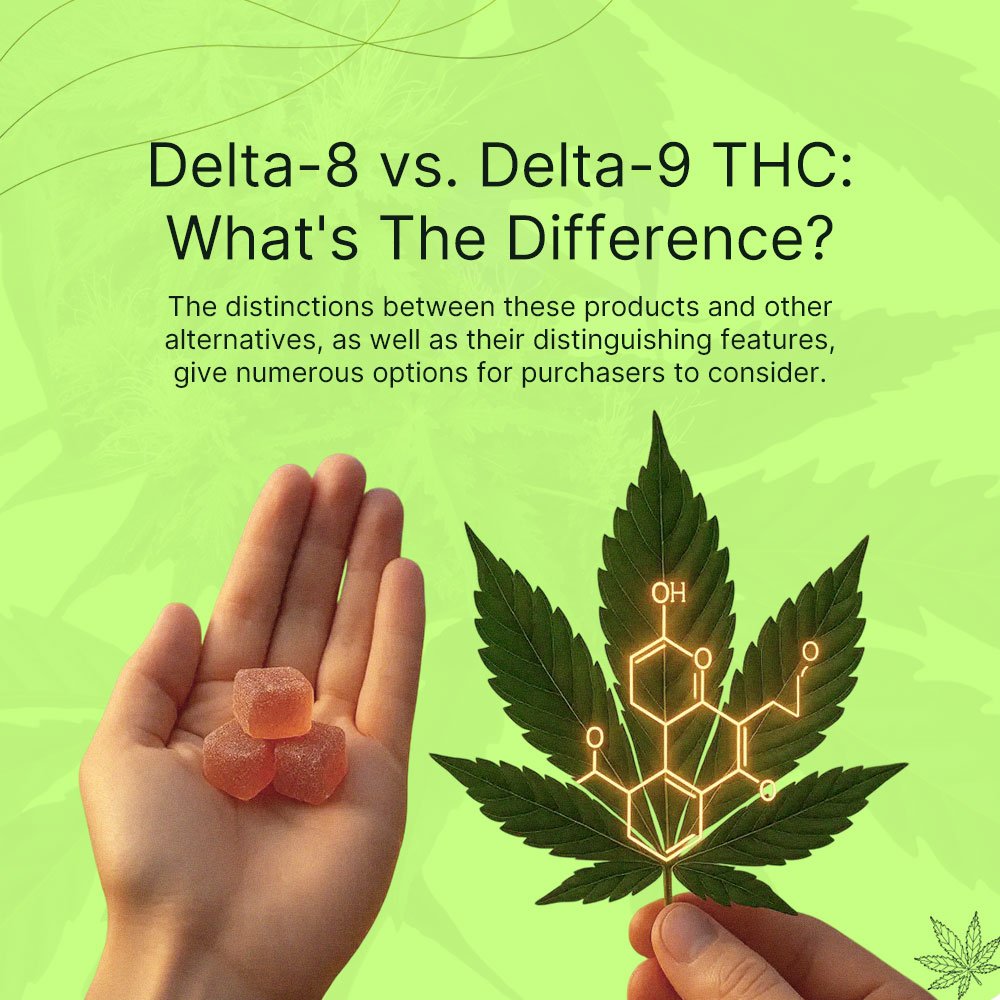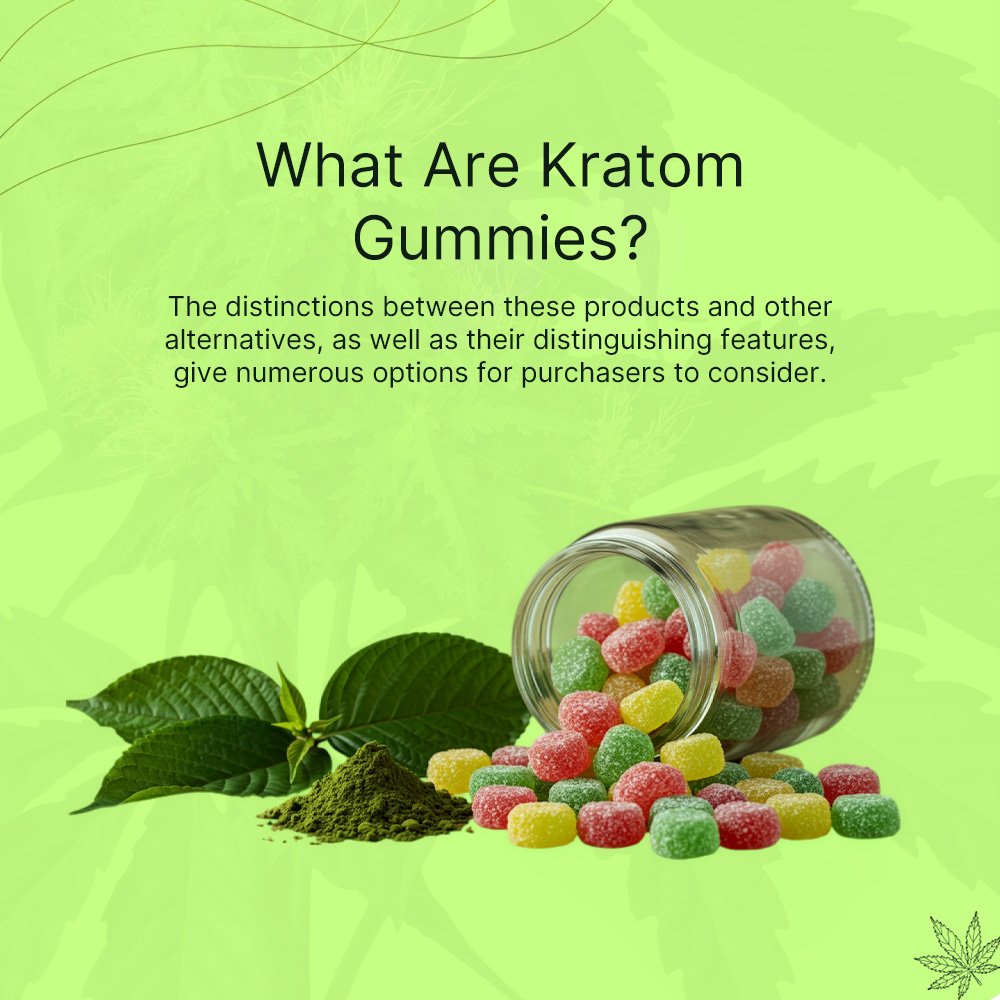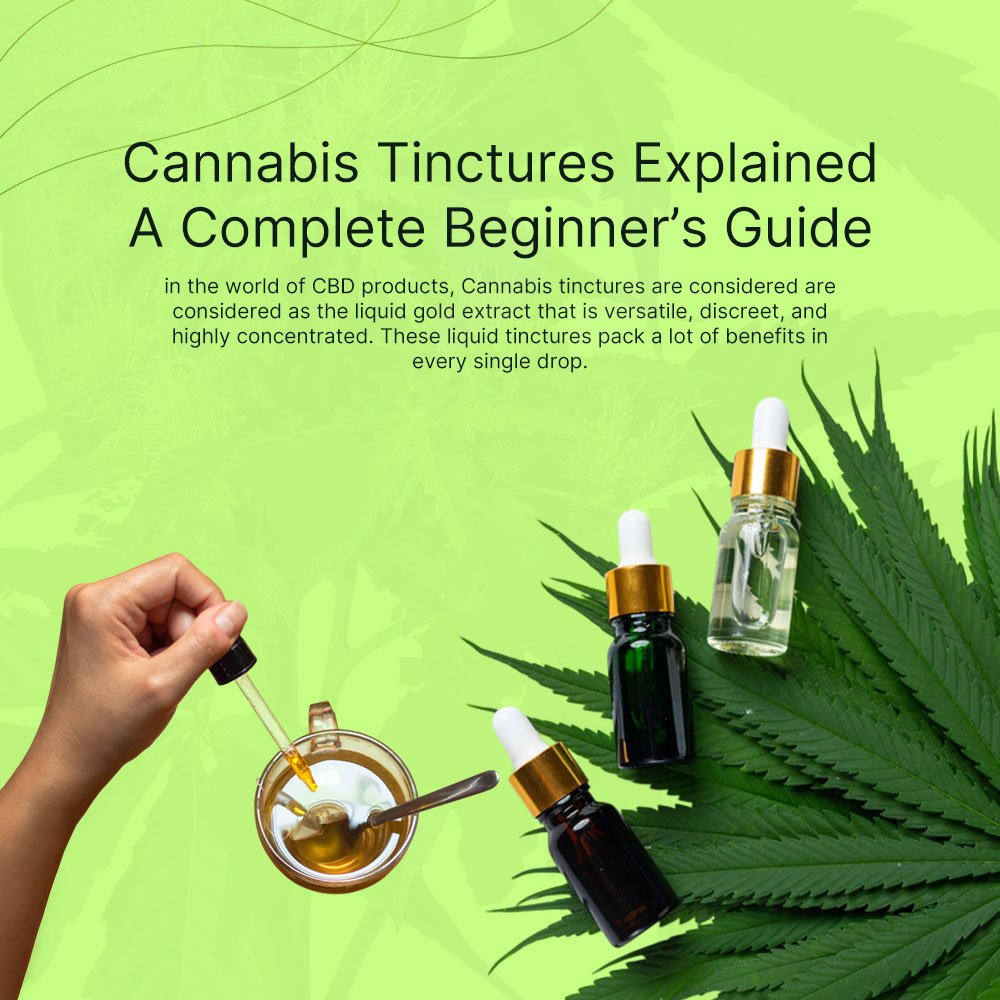What Is Delta-9 THC? Benefits, Side Effects, Risks, and Tips for Safe Use
Since cannabis began, Delta-9 THC has existed. Delta-9 tetrahydrocannabinol (THC) is the main cannabinoid in cannabis flowering buds and resin. It’s known for its health advantages and “high” feeling. This interesting molecule faces significant legal problems.
However, ongoing scientific research and effective application in medical situations demonstrate that delta-9 is a cannabinoid with numerous therapeutic qualities that can help many people’s health. From its origins in 19th-century over-the-counter pharmacies to the Marijuana Prohibition, treatment regimens for chemotherapy patients, and recreational use, we go deeply into the subject, “What is delta-9 THC?”
What is Delta-9 THC?
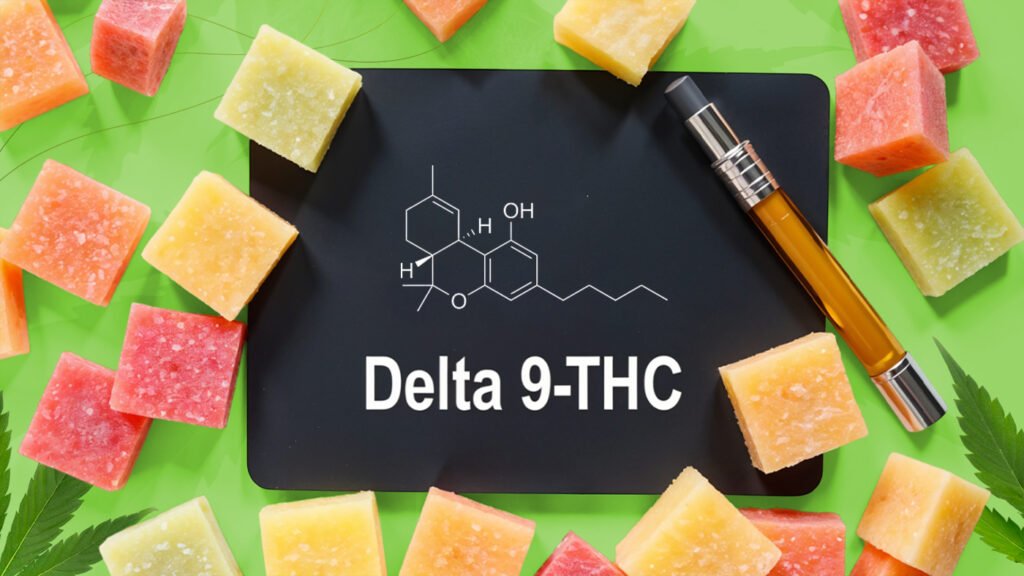
Delta-9 THC, developed in 1964 in Israel by scientist Raphael Mechoulam, operates on the cannabinoid CB1 and CB2 receptors, causing a variety of biochemical and behavioral responses in its users. The compound’s intriguing psychoactive qualities have prompted researchers to concentrate on its intoxicating effects. Not many years later, there was increased interest in THC’s therapeutic health advantages.
As scientists devote more time and effort to cannabis research, they discover numerous types of THC known as THC isomers. Isomers are compounds with identical chemical formulae but a distinct arrangement of atoms. While THC isomers have fundamental characteristics, they differ from one another.
Start Selling Delta THC Online - Build Your Website & Store
Delta-9 THC and THC isomers differ in terms of plant concentration, body response, potency levels, and overall effects. THCA, THCV, delta 8 THC, delta 9 THC, and delta 10 THC are all naturally occurring THC isomers obtained from cannabis. A synthetic THC isomer known as THC-O Acetate is also being developed and distributed in the cannabis market. Delta-9 is unquestionably the most researched and popular type of THC.
Benefits of Delta-9 THC
Cannabis Sativa was lawful in the US for over a century until the 12th edition of the US Pharmacopoeia removed it. In 1985, some pharmaceutical companies were allowed to use delta-9 THC therapeutically again. Cannabis was reintroduced with a focus on its scientific benefits.
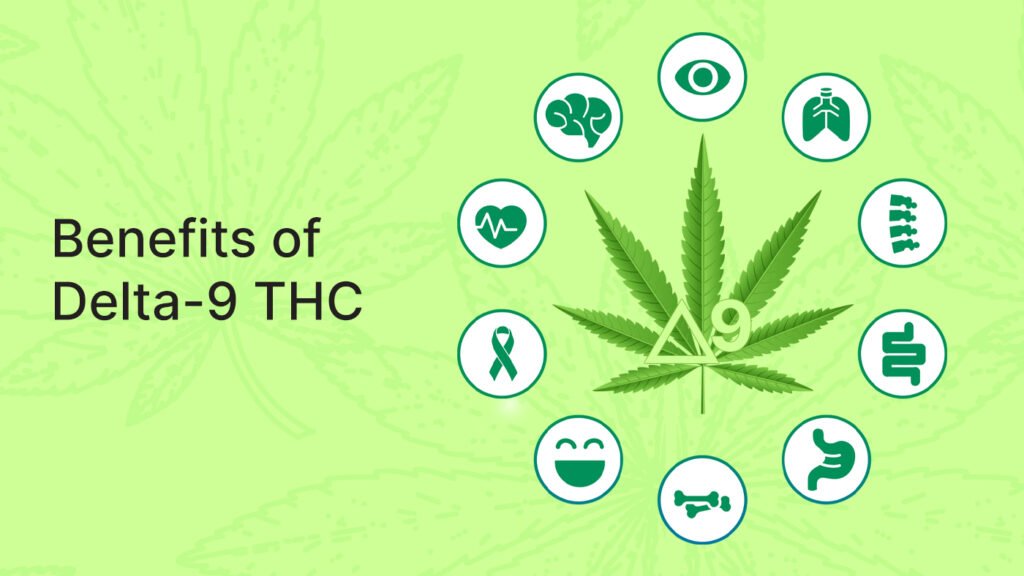
Delta-9 increases dopamine release, which affects mood and enjoyment. Cannabis users experience great relaxation and exhilaration, according to studies. Online delta 9 gummies and THC oil are popular with those seeking these benefits.
Delta-9 THC has also been shown to alleviate chronic pain, chemotherapy-induced nausea and vomiting, stress management, sleep regulation, and other serious health conditions.
We recommend our easy-to-dose Neurogan THC Capsules for precise THC use without preparation. One cannabis product and three cannabis-related things requiring a prescription have been authorised by the FDA.
What Do People Use Delta-9 THC For?
- Support deep relaxation.
- Increase comfort levels.
- Healthy inflammatory response.
- Encourage social contact.
- Develop a deeper appreciation for music, art, food, and the environment.
- Deeper meditation practice.
- Healthy appetite.
- Encourage the creative process and problem-solving.
The Side Effects of Delta-9

However, their chemical structure, cannabis plant amounts, and effects differ. Delta-9 and delta-8 are named for their ninth and eighth carbon atom double bonds. Cannabis also has higher delta-9 THC than delta-8. Cannabinoids add 0.3% THC to hemp and 25% to marijuana. Only trace delta-8 THC is detected. Most cannabis plants generate 0.1% delta-8 THC, making extraction costly.
Psychoactive delta-9 and delta-8 cannabinoids cause deep relaxation and jubilation and may reduce pain, nausea, and inflammation. Delta-9 is five times stronger than delta-8 and may be more harmful.
Delta-9 side effects:
- Sedative
- Cognitive distortion
- Slower reaction time
- Decreased coordination.
- Paranoia
- Red eyes.
- Dry mouth.
Can Delta-9 THC get you high?
Delta-9 THC is psychoactive! This cannabinoid alters consciousness by binding to CB1 and CB2 receptors in the endocannabinoid system.
Delta-9: How Much to Get High?
Delta-9 needed to buzz depends on heredity, tolerance, and the administration kind. Delta-9 THC products are usually 5mg to 25mg. A person may start at 5 mg before increasing. Experienced users who want to get high eat THC edibles over 50 mg per serving. High THC dosage is for those who require extra potency.
Start Selling Delta THC Online - Build Your Website & Store
Difference between Delta-8 and Delta-9?
However, their chemical structure, cannabis plant amounts, and effects differ. Delta-9 and delta-8 are named for their ninth and eighth carbon atom double bonds. Cannabis also has higher delta-9 THC than delta-8. Cannabinoids add 0.3% THC to hemp and 25% to marijuana. Only trace delta-8 THC is detected. Most cannabis plants generate 0.1% delta-8 THC, making extraction costly.
Psychoactive delta-9 and delta-8 cannabinoids cause deep relaxation and jubilation and may reduce pain, nausea, and inflammation. Delta-9 is five times stronger than delta-8 and may be more harmful.
Is delta-9 legal?

Delta-9 THC from hemp is federally allowed, although products like sweets containing it cannot exceed 0.3% THC by dried weight, under the 2018 Farm Bill. Some states have legalized medical and recreational marijuana with delta-9 THC levels over 0.3%
Are delta-9 and CBD similar?
The two main cannabinoids are CBD and Delta-9. Their abundance in cannabis plants makes them the most studied and sought-after cannabinoids. Each provides many health benefits but different risks. CBD does not affect the mind like Delta-9 does.
CBD is more popular than delta-9 since it does not affect cognitive or physical performance. Delta-9 activates CB1 and CB2 receptors, causing mental and bodily consequences. CBD inhibits degradation via interacting with endocannabinoid system enzymes rather than the two cannabinoid receptors.
Researchers and doctors argue the medicinal benefits and adverse effects of CBD vs. THC, although some users report significant alleviation from a variety of medical ailments.
CBD affects negative allosteric receptors. It reduced THC’s intoxication while improving mood, sleep, recuperation, pain management, and other factors in trials.
Do Delta 9 and marijuana compare?
Delta 9 THC is cannabis’ principal psychoactive cannabinoid, typically synonymous with “regular weed.” It occurs naturally in the plant and causes the euphoria most people associate with cannabis.
Hemp, a cannabis plant, contains Delta 9 THC at legal amounts of 0.3-1.0%, which is inadequate to cause psychoactivity. Delta 8 THC is naturally occurring in trace amounts. CBD is processed in labs by most hemp farmers to generate Delta 8 THC.
The synthetic nature and production of Delta 8, HHC, and THC-O raise concerns, unlike Delta 9. Organic cannabis may be preferred by some clients.
Delta-9 THC test.
After eating delta-9 THC, the body produces its effects. The liver metabolises the drug, leaving residual amounts in blood, urine, sweat, hair, and organs.
The lifetime of delta-9 THC metabolites in the bloodstream depends on the individual’s actions. Genetics, lifestyle, THC ingestion, frequency, delivery kind, etc., may influence.
A delta-9 THC drug test looks for these metabolites to determine a positive or negative result. Different drug tests detect metabolites at different rates depending on previous use. Urine tests are the most common THC drug tests and can identify metabolites up to 29 days after usage. The less prevalent hair follicle drug test can detect THC metabolites up to 90 days after consumption and has higher detection sensitivity.
Final Words
The Takeaway: Delta-9 THC is intoxicating and effective. Delta-9 THC shaped science, medicine, and historical events. Unfortunately, the cannabinoid’s intoxicating properties have misrepresented its therapeutic pharmacology.
Fortunately, research, medical reintegration, and state legalization have made delta-9 THC more respected.
Start Selling Delta THC Online - Build Your Website & Store
Disclaimer: This article is for informational and educational purposes only. High Stack Solutions does not promote or sell Kratom, CBD, or Delta THC products. Always consult with a licensed professional before using or marketing such substances.


